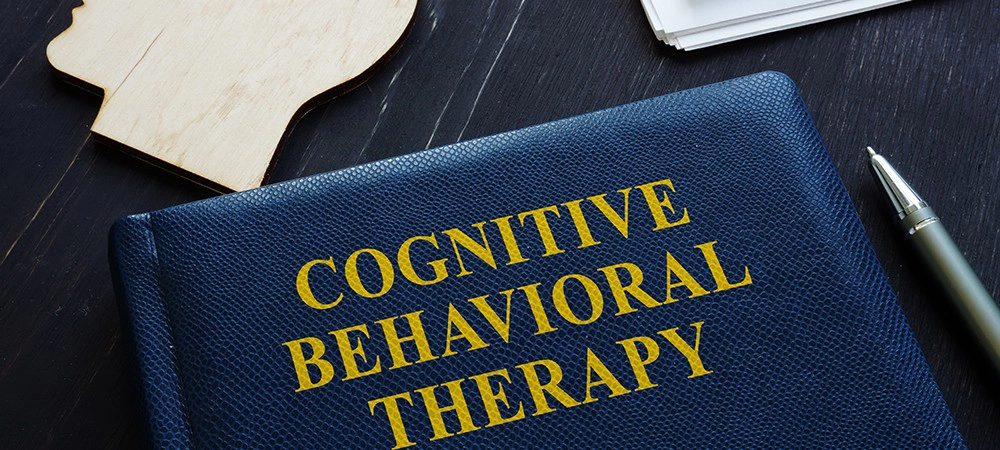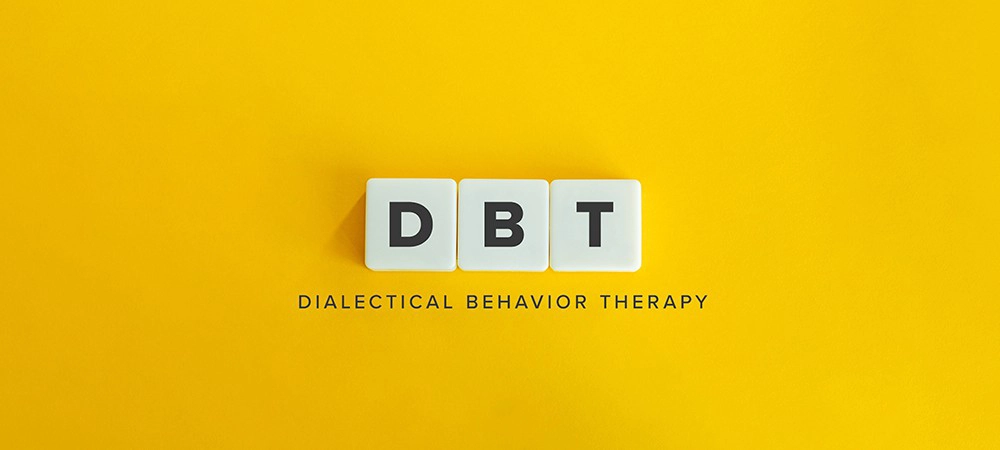The complexity of addiction is frequently underestimated. People often associate it with irresponsibility, lack of self-control, or a series of poor decisions. But addiction rarely happens in isolation. It is deeply rooted in context and can have a variety of underlying causes, such as trauma, stress, or mental illness.
According to the Centre for Addictions & Mental Health (CAMH), people with a mental illness are twice as likely as the general population to develop a substance use disorder. Conversely, people with addictions are up to three times more likely to experience a mental illness.
There is a clear lesson in these statistics: it is not enough for someone with an addiction to simply stop using the substance. The underlying causes have to be explored and treated, and one of the methods of doing this is through therapy.
Not all therapy is the same, though. A variety of therapeutic approaches have evolved in response to the fact that we are all unique and respond to different methods. In this article, we explore the differences between cognitive behavioural therapy (CBT) and dialectical behaviour therapy (DBT).
What Is CBT?

Back in the 1960s, a psychiatrist named Aaron Beck noticed that a lot of his patients seemed to be having internal dialogues with themselves. From what he could observe, the way they were thinking was influencing how they felt and behaved.
This led Dr. Beck on a train of thought that would significantly change the therapy landscape: what if we could identify those inner thoughts – those troubling dialogues – that lead to the negative emotions and self-sabotaging behaviours?
This resulted in the development of cognitive behavioural therapy (CBT), which is based on the idea that by identifying the patterns of thinking that are creating obstacles, the individual can then change those patterns, and ultimately alter the way they feel and behave.
CBT has proven to be a highly effective therapy for anxiety and mood disorders, eating disorders, and addiction. It is a key component of rehab for many people.
How Does CBT Differ From Traditional Talk Therapy?
Many psychological models are based on the notion that many psychological problems have their roots in some past event or relationship. The focus is on exploring that element of the person’s past and helping them resolve a conflict or emotion that was not properly resolved at the time.
While CBT acknowledges traumatic events, its focus is more on how the individual is feeling now. What patterns of thoughts and beliefs do they have in the present day that are preventing them from reaching their full potential?
How Do You Change The Way Someone Thinks?
The strategies used depend on the issues that the person is presenting with, and what the therapy goals are. Examples of strategies include the following:
- Journaling thoughts and beliefs to identify the patterns that need work
- Reframing negative thoughts into positive ones
- Gradual exposure to things that invoke fear or anxiety
- Scheduling and holding oneself accountable for activities that one avoids
- Using relaxation techniques when confronted with stressful situations
- Role-playing interactions within difficult relationships
- Breaking large tasks down into small, more manageable components
What Is DBT?

Developed by psychologist Marsha Linehan in the 1970’s, dialectical behaviour therapy (DBT) is an off-shoot of CBT. While it facilitates learning how to changes destructive thought and belief patterns, it also recognizes that sometimes, change is not possible, and the individual needs to develop strategies to cope with things the way they are.
What Strategies Are Used In DBT?
Most DBT practitioners use four key strategies with their clients, though as with any therapeutic treatment, this may vary from person to person. The key strategies are as follows:
- Mindfulness: acknowledging and accepting what is happening in the moment, with no judgment and no pressure to bring about change.
- Distress tolerance: endure difficult moments without resorting to self-destructive behaviours.
- Interpersonal effectiveness: manage social interactions and conflicts in a positive, effective manner, with consideration for the other person in the interaction, and for yourself.
- Emotional regulation: deal with intense raw emotions before they lead to negative behaviours or destructive secondary emotions.
What Are The Key Differences Between DBT And CBT?
The primary difference between CBT and DBT is the focus on change. The primary goal of CBT is to identify patterns of thoughts and beliefs that are holding you back from achieving your goals, and to replace those with more constructive thoughts that will lead to positive change.
The premise of DBT is that change is not always possible. Therapy may include strategies for change, but the focus is on developing the tools to cope with the circumstances of the moment. DBT places a heavy emphasis on interpersonal relationships and the emotional aspects of living.
Are There Any Similarities?
CBT and DBT are both forms of talk therapy that are focused on how the individual feels at the present time. Both forms of therapy differ from some of the more traditional talk therapies that place a heavy emphasis on past events.
It is important to remember that both CBT and DBT are tailored to the client: neither one is a cookie-cutter approach to therapy. Both of them are valuable tools in the world of therapy, and a good therapist will always do a proper assessment to identify whether CBT or DBT is the right choice for their client.
How To Get Help
At Addiction Rehab Toronto, we believe that it is never too late to seek help for an addiction. We follow a holistic approach to treatment that considers your physical, mental, spiritual, and social needs. When you walk through our doors, we do not see an addiction, we see a human being who needs guidance and support in order to heal.
When you arrive, our compassionate staff will do an assessment to determine what kind of therapy will be best for you. Many of our clients have great success with either CBT or DBT, and these therapies will certainly be considered for you.
To find out more, or to start your journey to a better life, call us today.







